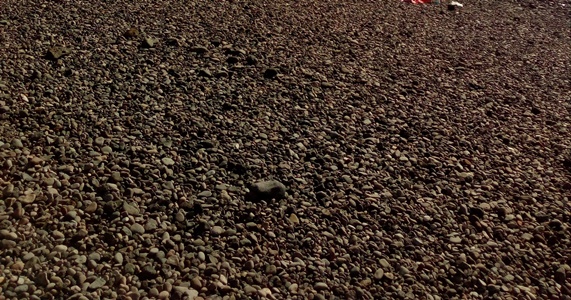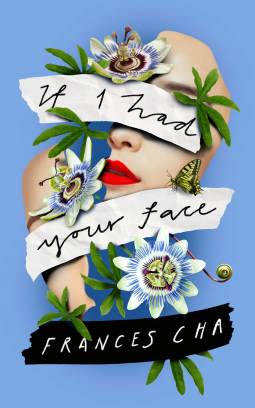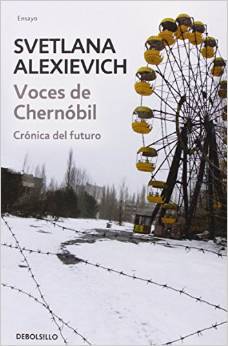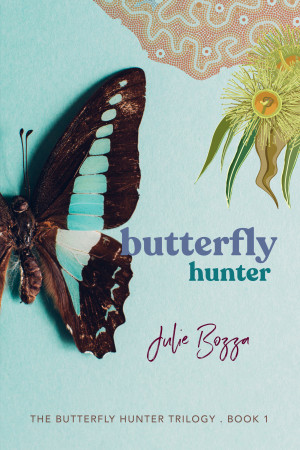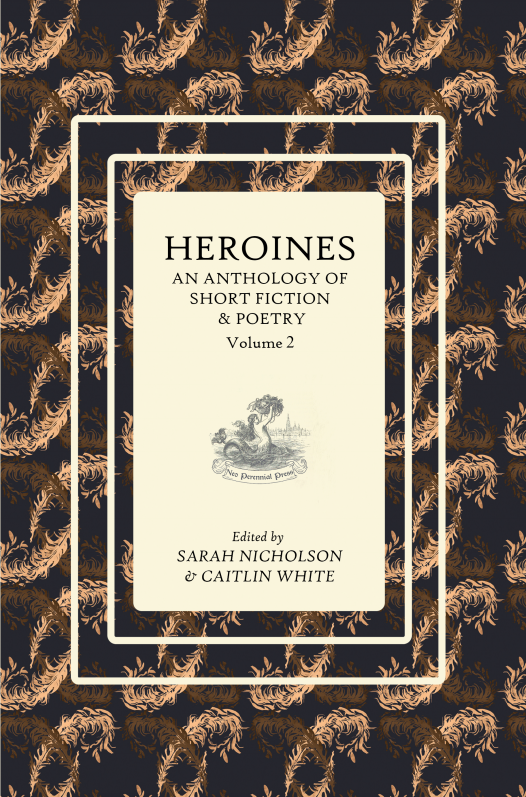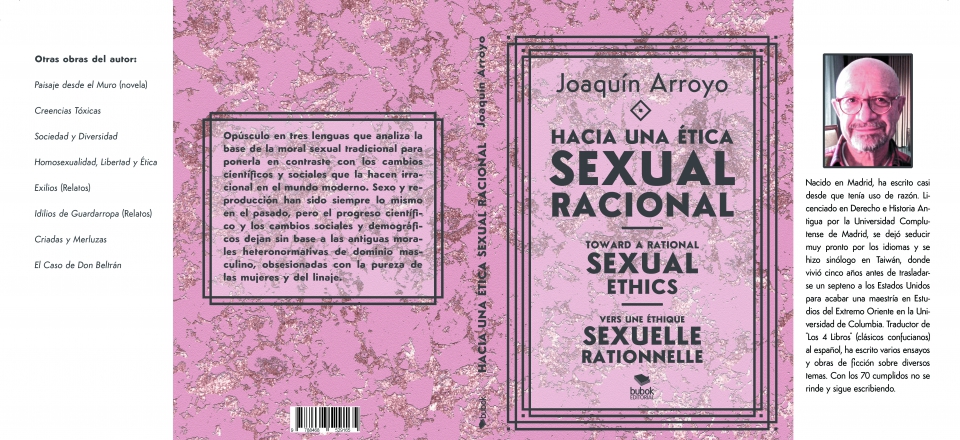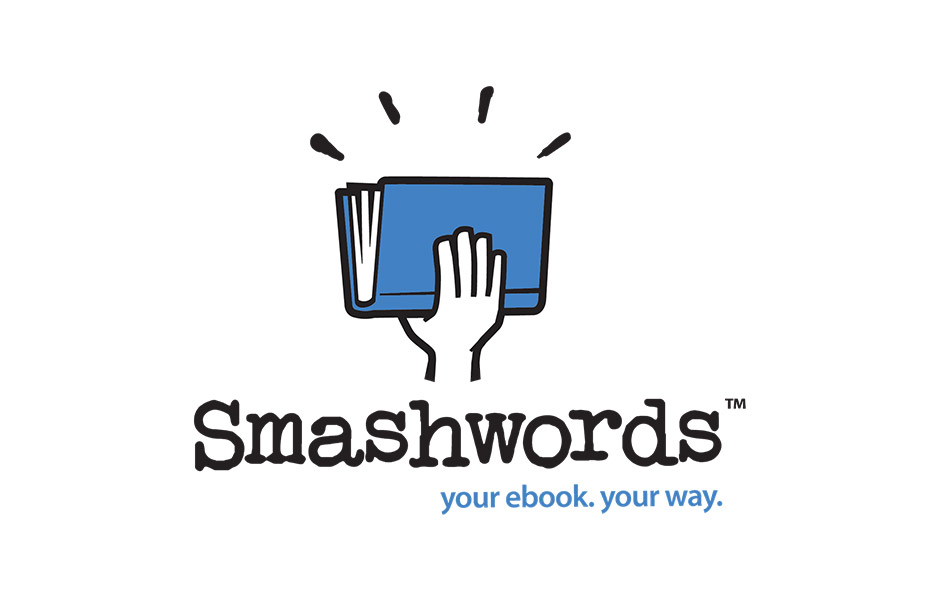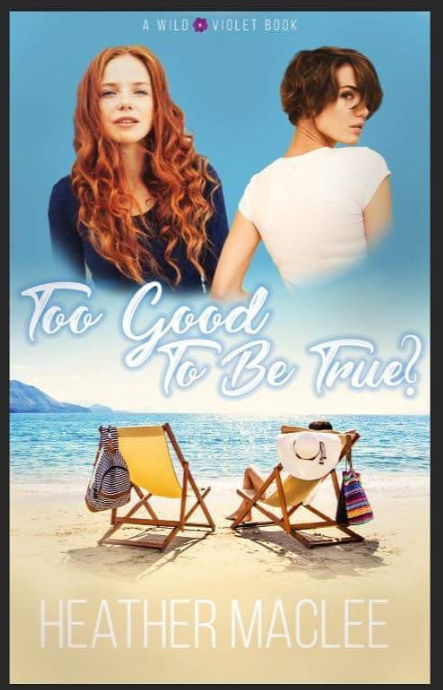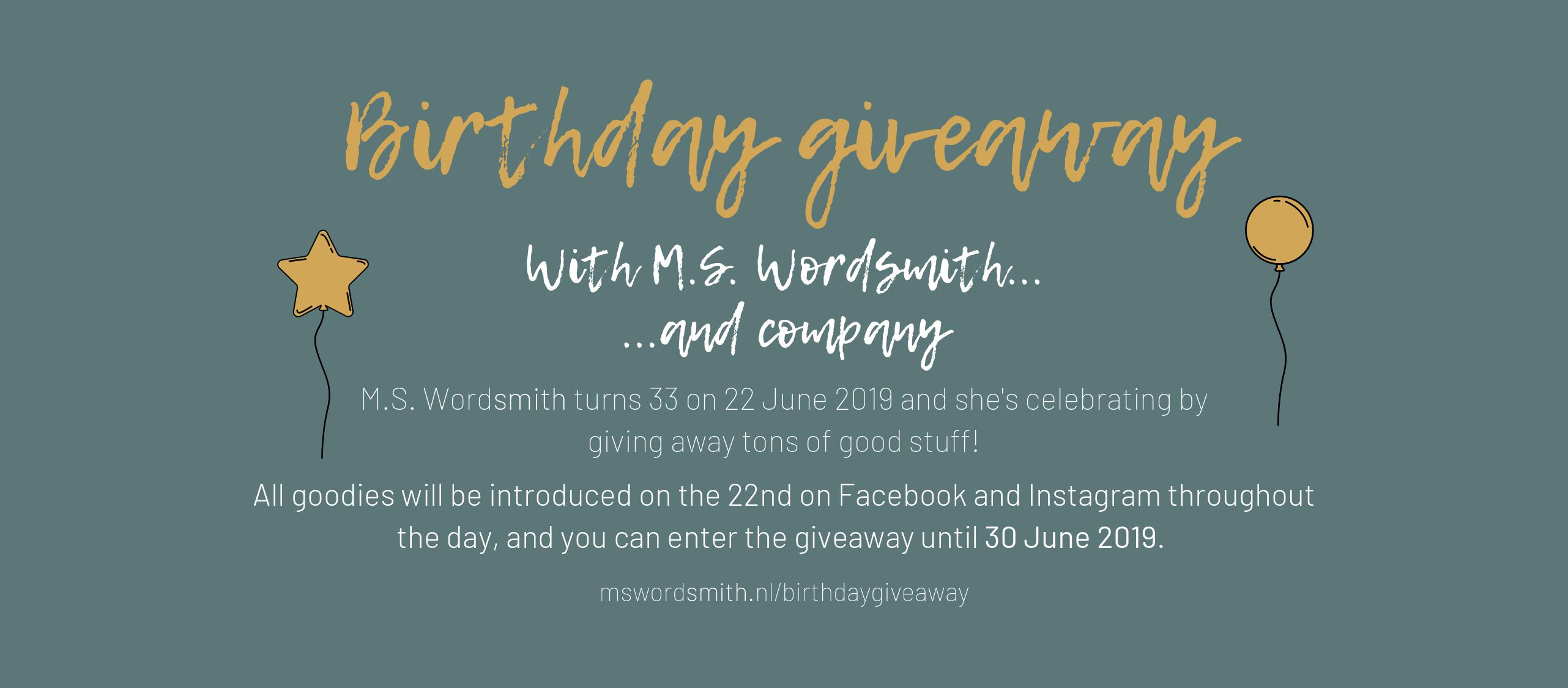“But these are all lies: men have died from time
to time and worms have eaten them, but not for love.”
Rosalind to Orlando in «As You Like it» by William Shakespeare.
I came upon Elizabeth Savage thanks to Thomas Savage, and yes, I read him because of the recent movie. He dedicates his book, The Power of The Dog, to his wife, the also writer, Elizabeth Savage.
I think that reading both writers makes for a clearer understanding of their books, there are threads in his book that, although smoothly delivered, on second thought, we are not clear where they came from, or where do they’re meant to go.
Thomas Savage has a habit of casting a gilded veil over the events, especially when it comes to The Family which is the god that he, for the best or for the worst, has chosen to worship throughout his life. Truthfully, I wasn’t able to reconcile myself with what he, and subsequently many readers, considered a satisfying ending to The Power of the Dog. If hell is the inability to love, in the author’s own words, then having the so-called bad guy stripped, violated, as the book puts it, of all that that he is, and ultimately killed, because apparently there is no redemption through love allowed for the likes of him, and all because he opens up his heart to love someone that the author’s freely admits is a self-insert is confusing to say the least. You ask yourself what on earth happened to this man. Then to have all of this dedicated to his wife? A wife who was also his editor, as the two enjoyed a very close professional relationship till the end?
I have since then, learned of the events that preceded the book, and while I was able to better understand why the author has his alter ego kill the gay character in his book the way he did, I was still curious to learn what said wife made of the offering of such bloody, thorny gift.
And while his narrator voice runs much smoother, except perhaps in the Last Night at the Ritz, there is much in his writing that is strives for absolutes: good and evil, right and wrong that don’t quite convince, perhaps because the writer himself isn’t convinced, her author voice is more detached, her perspective unwavering. She paints the other half of their image of family life with humour and self-possession—without doubts. Her conviction in her beliefs is firm, the ground is not shifting beneath her, and it no longer matters if your outlook on life matches hers, because now you’re a just reader, and your heart no longer squeezes as you’re offered glimpses into the turmoil of someone else’s life between the lines.
Thomas Savage had always denied that is work is autobiographical, but understanding his circumstances helps in deciphering his writings.
Make of this what you will, but you can find Elizabeth Savage’s books in digital libraries online, if you wish to compare.
The Power of the Dog by Thomas Savage, first published in 1967
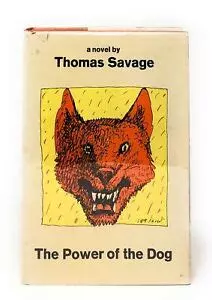
For my wife
From the first shocking paragraph to the last shattering page, The Power of the Dog will demand your total attention. Long after you have finished, you will hear its voices speaking and live in the bold landscape of its world. The Power of the Dog is like no other novel you will read this year.
The Power of the Dog is the story of a man whose inability to express his love drove him to express his cruelty—and of a boy who understood this and learned to put it to his own use. It is the story of a woman—the boy’s mother—who was the victim of this cruelty as the boy’s father has been before her. It is the story of two brothers divided by this cruelty. And it is story of the triumph of love over cruelty—a triumph whose unsparing logic you will forget.
Realistic in its narrative means, almost biblical in the conviction of its moral ends, The Power of the Dog is a novel in the finest tradition of American fiction. It is the work of an artist whose understanding of the dark cellars of the human heart is matched and richly informed by his understanding of its light-filled chambers, its hope, its kindest dreams.
But Not For Love by Elizabeth Savage, first published in 1970
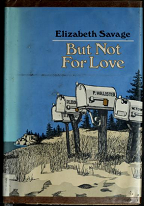
But not for love is a comical-tragical story about a family and a summer—a novel in which things are not as they seem.
The family is the Hollister clan: Francesca is dramatic, Warren is gentle, Barbara is domineering, Barney is virile, Tim is alcoholic, Peter is angry, Winifred is uneasy, and Noel is dead.
For the Hollisters, their in-laws, lovers and friends, the setting is familiar: a beautiful, rocky promontory on the coast of Maine not far from Bath. The Hollisters have always summered here; they are a fixture of the hamlet of Rodger’s Ferry, and no one in the village can recall a time when the cluster of oddly assorted houses on the Point was not inhabited by one generation or another of Hollisters. To an outsider they seem very close; for a Hollister this means that deception must be subtle.
But this summer Rodger’s Ferry has lost its complacency: the family is the same, but Noel’s apparent suicide has precipitates strange changes. Delusions are laid bare, unsuspected passions erupt, lifelong habits fall apart. On the surface the alterations seem to have come about as a result of love. But this is a book haunted by gentle cynicism, a cynicism which begins with the title taken from As You Like It: “Men have died from time to time, and worms have eaten them, but not for love.”
Last Night at the Ritz by Elizabeth Savage, first published in 1973
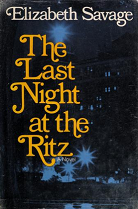
Four old friends meet for a festive lunch. The afternoon passes, but the party goes on. By the end of the evening, there are no secrets left among them.
Except one, which proves to be the most devastating of all.
Intelligent, captivating, and as admits, not entirely trustworthy, the narrator of The Last Night at the Ritz regards her approaching birthday with wry amusement. She entertains few illusions about herself and understands from experience the rules and rhythms that balance relationships between women and men. She also knows when to break the rules. Or, on this occasion, to bend them a little to see what happens.
She invites three friends to join her for lunch at Boston’s elegant Ritz-Carlton. Two of them, Len and Gay, are a long-married couple she has known since college days. The third, Wes, was once her lover.
But her party takes an unexpected turn. The present intrudes upon their celebration. Secrets slip out, and gradually the narrator is drawn closer to a confrontation with the future that she must face alone.
